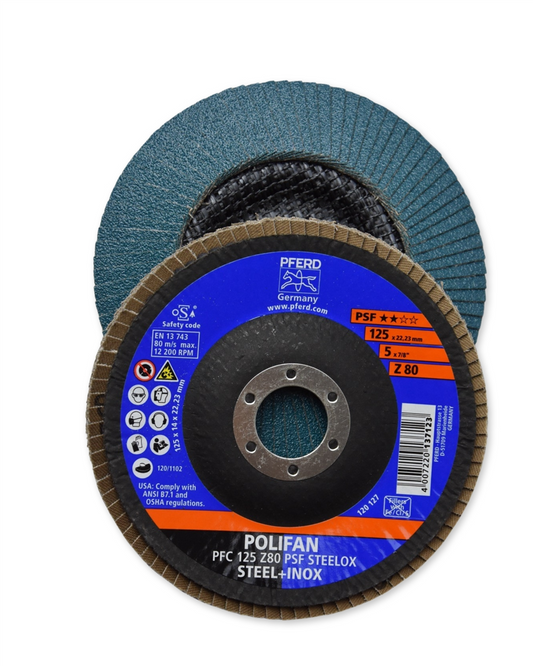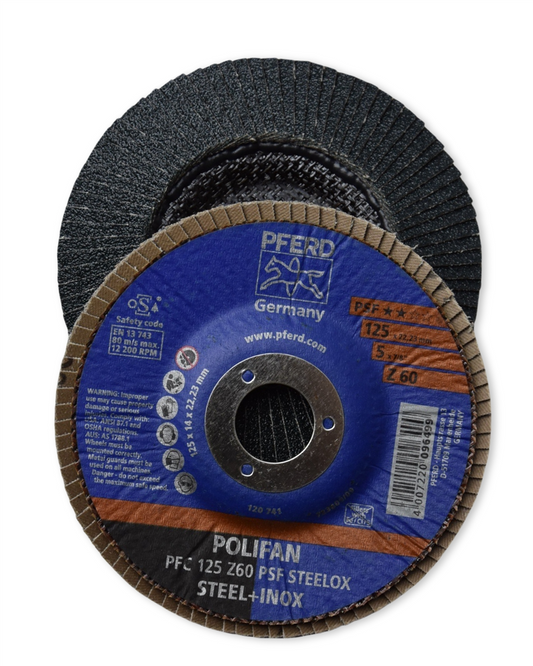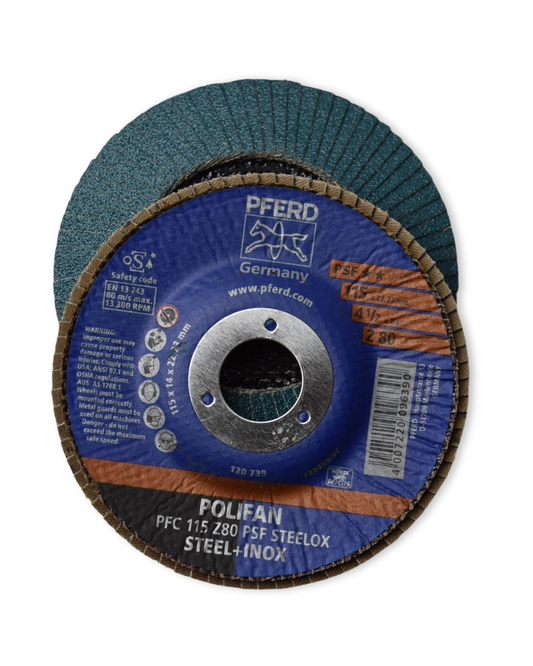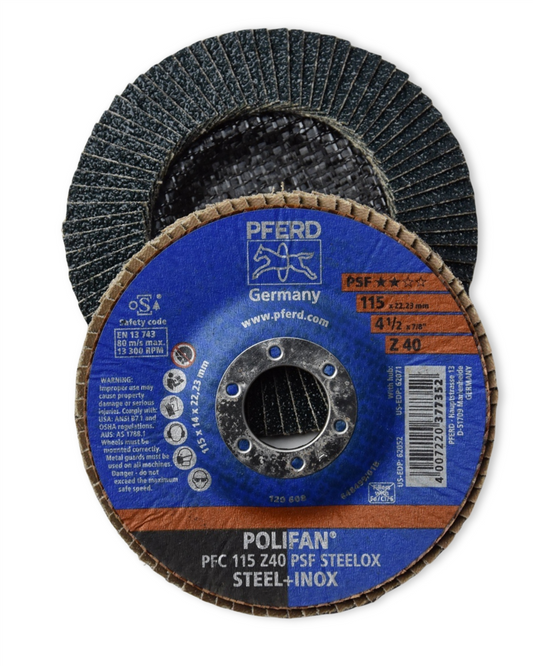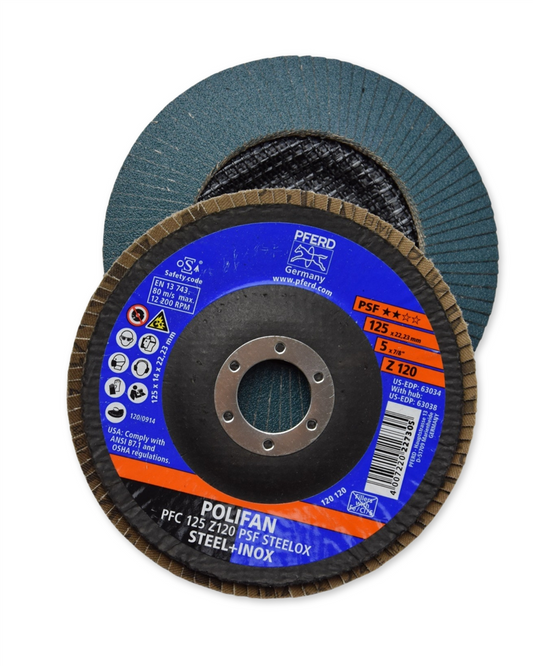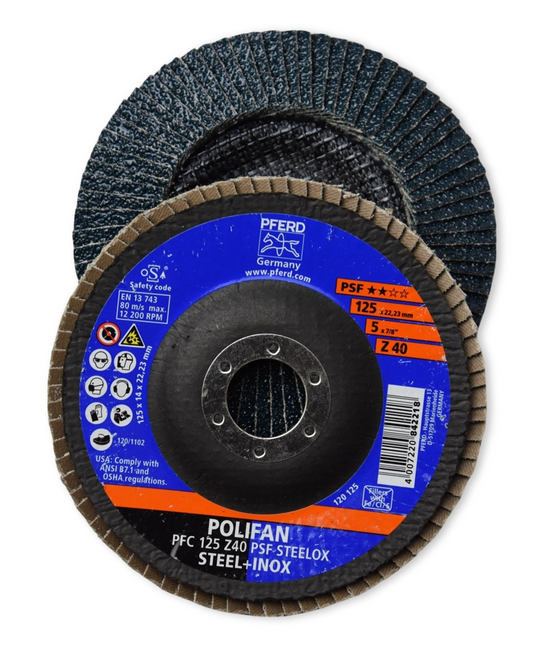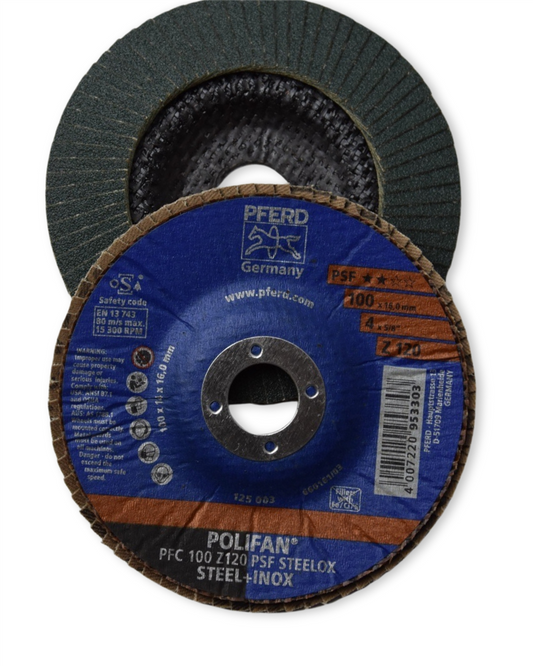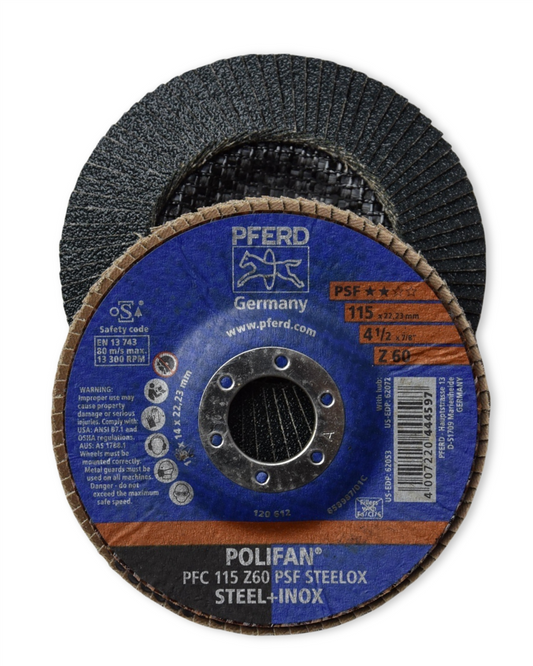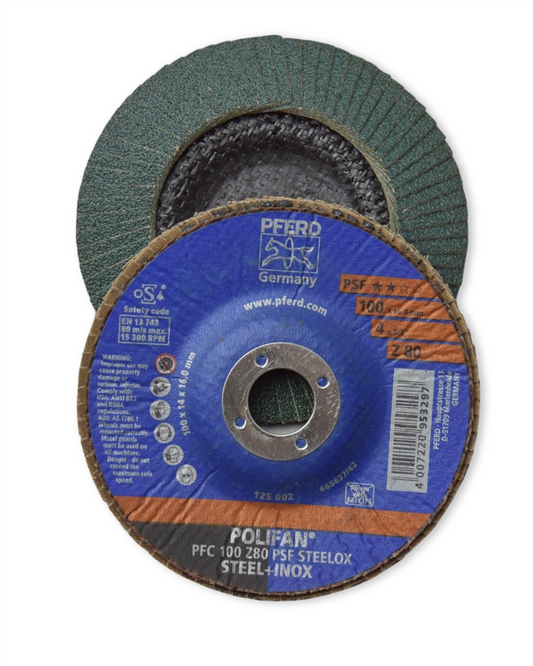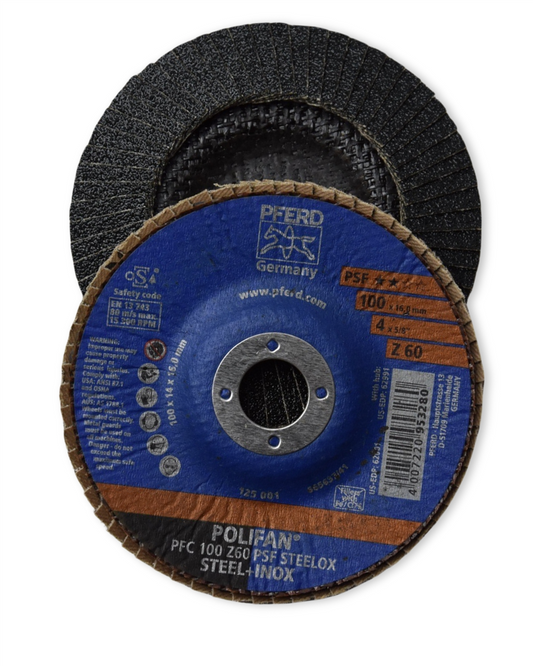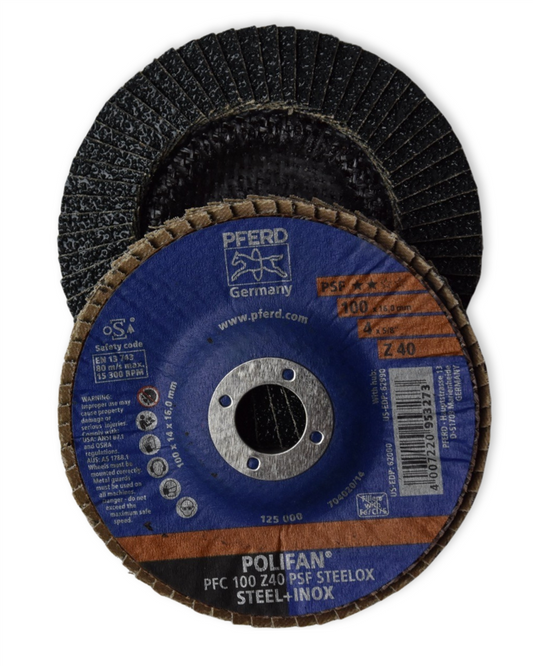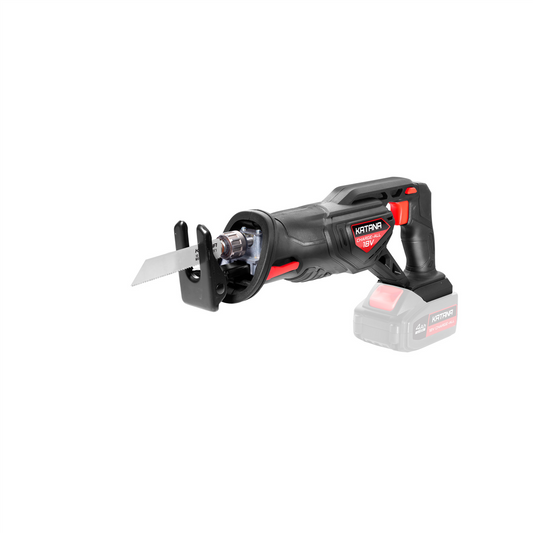Fuel storage tips for rural properties safely managing petrol and diesel
Share
Safe, Simple Tips to Store Petrol and Diesel on Your Property
You know the feeling. You're halfway through mowing the paddock, the kids have a fire going in the pit, and the generator’s purring along—and boom. No fuel. If you're living on a rural block, keeping a steady backup of petrol or diesel on hand isn’t a luxury—it’s a way of life.
But where (and how) you store your fuel matters—big time. We’re talking safety, efficiency, and peace of mind. Let’s have a straight-up chat about looking after your fuel supply without making life harder (or riskier).
1. Never Store Fuel in Makeshift Containers
I know it’s tempting… you’ve got an old oil drum lying around and think, “That’ll do!” But makeshift containers are a no-go. Petrol and diesel are flammable, and they break down plastics or rusty metals quickly. Always use containers made specifically for fuel storage.
You want something tough, secure, and UV-resistant, especially if it’s sitting outside under long summer days. The right container makes all the difference between safe storage and a ticking time bomb.
2. Keep It Cool, Dry and Out of the Sun
Petrol and diesel aren’t fans of heat. If they get too hot, they build pressure—and that can mean dangerous vapour release or container failure. Always store your fuel:
- In a well-ventilated, shaded place
- Off the ground (on pallets or platforms)
- Away from fire risks like barbecues, machinery sheds, or incinerators
If you've got a spare section in a barn or a secure metal shed, that’s a great call. Just make sure it’s locked up safe to keep curious visitors—both human and animal—away.
3. Label Everything Clearly (No Guessing Games)
Your partner goes to refuel the ute—and comes back confused. "Was this petrol or diesel again?" That mix-up? Costly at best. Catastrophic at worst.
Keep your containers clearly labelled. You could use colour-coded jerry cans or just slap big, weatherproof stickers on each one. Keep diesel away from petrol. Don’t even let their nozzles touch the same space.
4. Consider This: Fuel Goes “Off” Too
Yep, it's true. Fuel doesn't age well. Petrol lasts about 3–6 months when stored correctly. Diesel can stretch longer, up to a year.
If your fuel smells sour or you see particles floating about—ditch it. Don’t pour it down drains. Proper disposal through your local facility or automotive shop is safer for everyone (and the planet).
For anyone who keeps machinery that only gets fired up in spring or summer, try using a stabiliser—these help the fuel hold together longer so you're not facing repairs from gummed-up tanks later.
5. Make Fuel Storage a Part of Your Fire Safety Plan
It’s not a bushfire season without that little tick of anxiety in your chest. Keeping fuel onsite is sometimes necessary—but it comes with responsibility.
Set up your fuel storage at least 10 metres from your home or sheds—ideally 30. Maintain a 3m buffer cleared of all vegetation around your tank. And if you haven’t already, look into a proper firefighting pump—it’s just smart acreage living.
6. Safety Isn’t an Afterthought—It’s a Routine
Make fuel checks part of your working week. Once the mower’s parked and the tank topped up, take five minutes to eyeball lids, check your area for spills, and sniff for odd smells. Catching a split container now is a whole lot easier than dealing with a fuel fire down the line.
If you've got more gear to fuel and distances to cover, a mobile setup might be worth considering. It cuts down on mess, hassle, and time spent lugging jerry cans around the property.
Bonus Tip: Let Your Stash Work for You
Fuel prices are like the weather—hard to predict. Keeping a month or two’s worth stored safely means you’re not forced to drive 40 minutes just to pay top dollar mid-harvest. It can save you cash and stress, as long as you’re smart about it.
A Final Word From One Country Soul to Another
Living on the land means you've got to plan ahead. And a solid fuel storage setup? That's one of those quiet wins that stops future dramas before they start. Whether you're working your acreage day-in and day-out or just keeping the mower tank full and the dogs fed, having a safer, smarter fuel system makes everything a little smoother.
So next time you go to top up, have a quick squiz around. Think about where your fuel lives, how long it's been sitting… and whether it’s time for an upgrade. You’ll feel better for it. Promise.
Until next time—keep it safe, smart, and country strong.
Cheers,
Candeece

Stay Connected
Follow our Facebook Page: Strathalbyn H Hardware on Facebook

